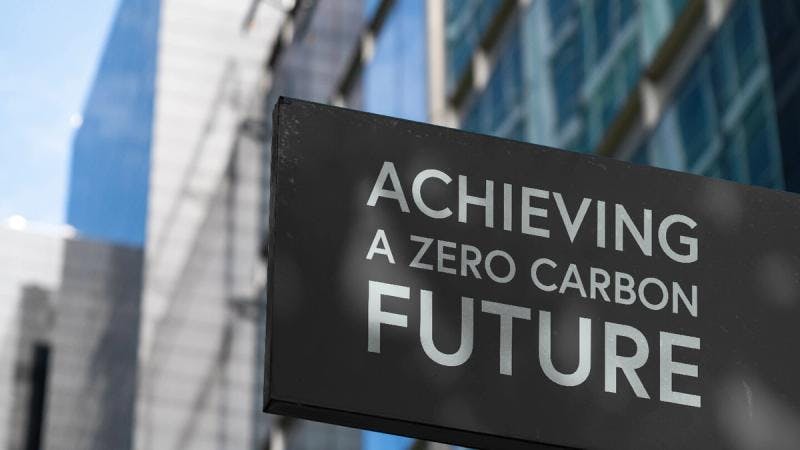From oil giants to retail chains, an increasing tide of organizations are dominating headlines as they walk back or water down their corporate sustainability goals. Political shifts and regulatory reversals are fuelling a trend of climate strategy reversals, leaving firms to navigate an uncertain landscape littered with litigation and reputational risks. In March 2024, hundreds of organizations were delisted from the Science Based Targets initiative (SBTi), while a slew of banks have exited the Net-Zero Banking Alliance (NZBA) since December of the same year.
Those walking back net zero commitments cite reasons from slow policy progress to poor economic conditions, from a sluggish transition to the need to focus on profits. Here, we highlight the organizations announcing reversals of their climate targets and – if possible – the reasons why:
- HSBC: In February 2025, London-headquartered bank HSBC delayed its target to achieve net zero emissions from 2030 to 2050. The banking multinational stated that it was on track to reduce operational Scope 1 and 2 emissions by 90% by 2030, but would not reach its 2020 target to reach net zero across its own operations and supply chain by 2030. HSBC’s annual report said that it expects a 40% emissions reduction across operations, travel and supply chain by 2030, but would need another two decades to achieve net zero in these areas. Reason: progress has been slower than expected due to its clients and suppliers facing greater-than-expected challenges in reducing their carbon footprint.
- BP: On February 26, 2025, oil and gas giant BP announced it was shifting its strategy to cut renewable energy investments and focus on increasing oil and gas production. This entails increasing annual investment in oil and gas by approximately 20% to $10 billion and decreasing planned funding for renewables by more than $5 billion. BP set targets in 2020 to cut production of oil and gas by 40% by 2030, and significantly ramp up investment in renewables. Reason: Chief Executive Murray Auchincloss commented that BP had previously gone "too far, too fast" in its transition away from fossil fuels, and refocusing on oil and gas was part of a strategy "reset" to focus on boosting returns for shareholders. Read more here.
- Equinor: In February 2025, Norwegian energy giant Equinor announced that it was halving investment in renewable energy over the next two years, cutting funding from approximately $10 billion to $5 billion. It is also dropping its target to spend half of its fixed assets budget on renewables and low carbon products by 2030, while increasing oil and gas production by 10% over the next two years. Equinor still aims to reach its goal to reach net zero by 2050, set in 2020. Reason: slower transition to lower carbon energy than expected, increased costs and customer hesitation to enter into long-term contracts, according to CEO Anders Opedal.
- Walmart: On December 18, 2024, Walmart announced that it does not expect to meet its 2025 and 2030 interim GHG emissions reduction targets. In 2020, the retail multinational set goals to reduce its Scope 1 and 2 emissions by 35% by 2025 and by 65% by 2030. While Walmart plans to continue working towards its target to achieve net zero emissions across global operations by 2040, its announcement flagged that “progress will not be linear”. Reason: challenges related to energy policy, infrastructure and the availability of cost-effective low-carbon technology.






